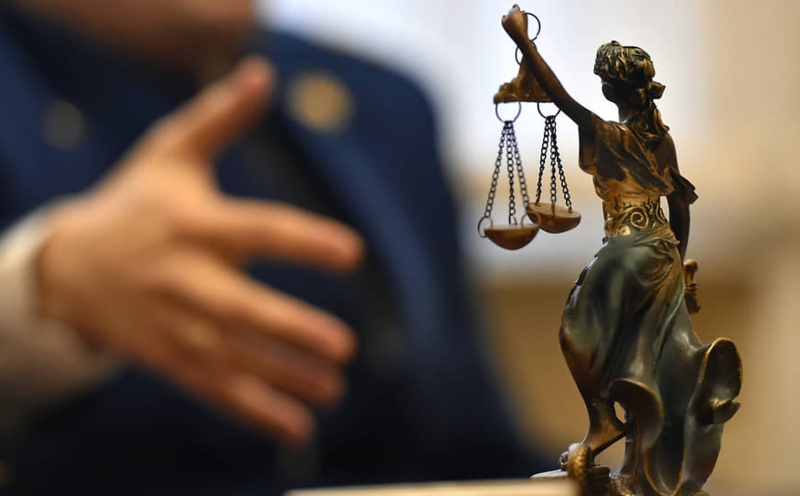Politically motivated court cases in Russia are disproportionately assigned to a select group of judges, despite official claims of an automated, random case distribution system, according to an investigation by the independent outlet Novaya Gazeta Europe. The study identified judges who specialize in prosecuting so-called “foreign agents,” enforcing crackdowns on protest, and issuing rulings related to “LGBT propaganda.”
Since 2019, Russia has implemented an automated case distribution system designed with provisions that account for judges' workloads, specializations, and vacation schedules. The system was meant to enhance judicial independence, according to Viktor Momotov, chairman of the Russian Judges’ Council. However, a study of over 2,000 criminal cases and more than 84,000 administrative proceedings carried out by Novaya Gazeta Europe suggests that political cases are assigned in a manner that differs from official claims.
Defense attorney Dmitry Zakhvatov, who has represented numerous political defendants in Russia, told The Insider:
“There is no true automatic case distribution system — it’s a myth. Or rather, it exists, but it can be manually controlled. A court chairman can still assign a case to a specific judge of their choosing. It’s not [like] blockchain or an open system where anyone can verify the randomness of case allocation. Cases can easily be handed to the judge they need them to go to.
The reasoning is similar to why politically motivated cases often land with the same investigators. Authorities need to be sure that no alternative verdict will be issued — only a conviction. That’s why they intentionally select the most compromised, the most willing judges, or those who voluntarily take on such cases for certain benefits. The goal is to eliminate any possibility of an acquittal or lenient ruling.”
Novaya Gazeta Europe identified 22 judges who have issued at least five politically motivated verdicts each —- collectively, they have sentenced nearly 150 people. The most active in handing down repressive rulings in criminal cases include Kirill Krivtsov of the Southern District Military Court and Evgenia Kozlova and Elena Lenskaya of Moscow’s Basmanny District Court.
Lenskaya has convicted at least nine high-profile defendants, including media manager Ilya Krasilshchik, open source intelligence analyst Ruslan Leviev, journalists Michael Nacke and Marina Ovsyannikova, and Russian-Canadian activist-turned-AFU serviceman Pyotr Verzilov.
Administrative cases vastly outnumber criminal ones, with nearly 10,000 judges across Russia handling these types of proceedings. To assess the extent of political case assignments, Novaya Gazeta Europe developed a politicization index. The data showed that 281 judges received an unusually high number of political cases — the probability of such a distribution occurring randomly was less than 0.1%, strongly suggesting deliberate case assignments.
Some judges focus on specific types of cases:
- Protest-related: Dmitry Chirkov (Tushinsky District Court, Moscow) – 512 cases
- “Discrediting” the army: Alesya Orekhova (Tverskoy District Court, Moscow) – 238 cases
- Foreign agent prosecutions: Alexandra Anokhina (Tagansky District Court, Moscow) – 133 cases
- LGBT “propaganda”: Olga Sinelnikova (Tagansky District Court, Moscow) – 11 cases
Novaya Gazeta Europe has also put together a database of judges involved in political repression. The database allows searches by defendants’ names (for criminal cases) and filtering by category — allowing users to identify judges who, for example, fined protesters or issued rulings on LGBT-related cases.
Over the past four years, Russian courts have reviewed more than 85,000 administrative and criminal political cases. An investigation by Novaya Gazeta Europe identified over 1,200 judges who handled criminal cases and around 10,000 judges who issued administrative rulings under political charges since 2021. For 303 of them, the persecution of dissent has become a systematic practice.

